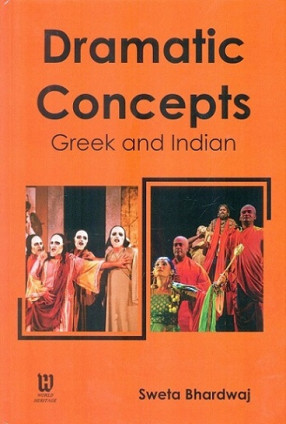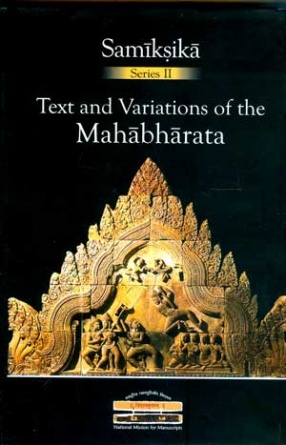Dramatic Concepts: Greek and Indian
Drama is the specific mode of fiction represented in performances a play, opera, mime, ballet, etc., performed in a theatre, or on radio or television. Considered as a genre of poetry in general, the dramatic mode has been contrasted with the epic and the lyrical modes ever since Aristotle's Poetics (c. 335 BC)-the earliest work of dramatic theory. The enactment of drama in theatre, performed by actors on a stage before an audience, presupposes collaborative modes of production and a collective form of reception. The structure of dramatic texts, unlike other forms of literature, is directly influenced by this collaborative production and collective reception. Dramatic play is a form of symbolic play where a child pretends to take on a role of someone else, imitating actions and speech from earlier observed situations. When another person becomes involved in the play, it is called sociodramatic play. The elements of reality and make-believe are involved as children imitate real-life people and situations they have experienced, but because they are unable to imitate exactly what they have observed, make-believe enters their play. The present book will serve as the standard reference book for theatre/drama education researchers, policymakers, practitioners and students around the world. A basic companion for researchers, students, and teachers, this source book outlines the key concepts that make the field prominent in the sphere of Arts Education.
Get it now and save 10%
BECOME A MEMBER




Bibliographic information